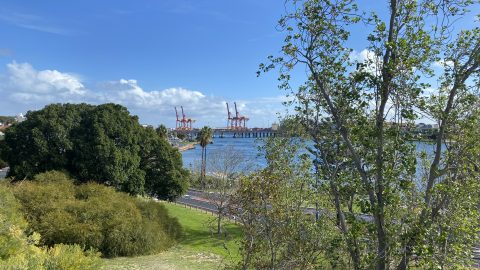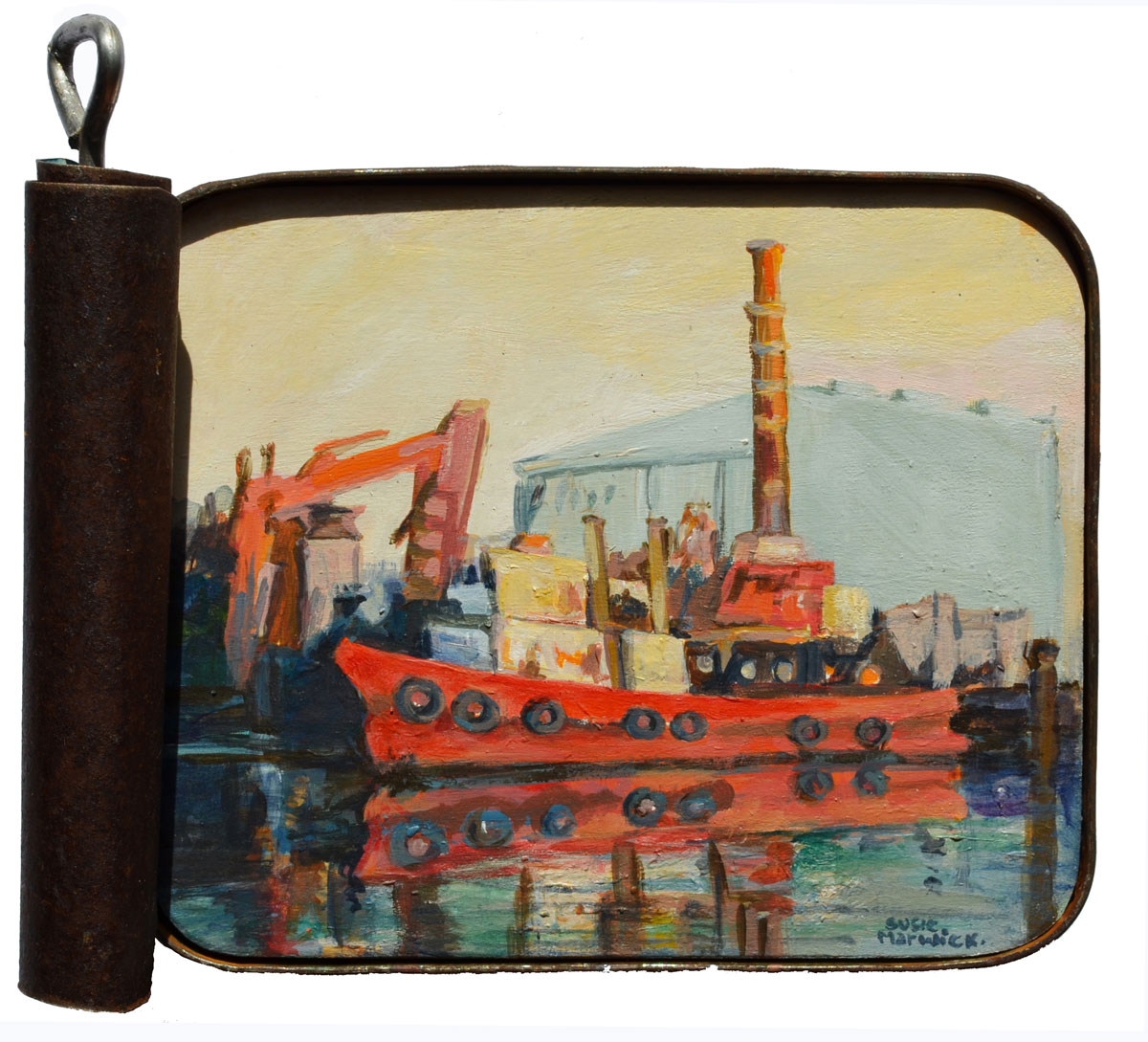So, 2020 has come and, nearly, gone.
What a year!
In some ways, the less said about it, the better.
But I feel bound to try to record something of what happened, even if imperfectly, lacking key details, missing the deeper significance no doubt of much of what has happened, and what is still happening, as the year ends.
Start where you like really. Even here, in very safe Australia, many families are just beginning to physically meet up with each other again, as they criss-cross the country to be with loved ones at Christmas.
(Not so long ago, I thought one should avoid using the word ‘Christmas’ on the basis it failed to include all who celebrate life at this time of the year, but now, in my older, inevitably failing years, I’ve grown to accept it’s a word with a generic meaning, referring to a time of peace and happiness for all!)
There will be those, however, who at Christmas will remember, with tears in the eyes, loved ones who passed this mortal coil during the year, because amongst other things, Covid-19 struck their families.
There, I’ve said it – ‘Covid-19’. Covid, covid. I’ve been avoiding talking about it out loud for many months now and focusing instead on things positive and life affirming, rather than the dreaded pandemic. A personal choice, and not one public policy makers and administrators have had the luxury to adopt, I know. But it’s been good for me.
Fortunately, I’ve also had Trump to rail against for most of the year – correction, all of the year – and that has helped in keeping my attentions directed elsewhere than the virus.
(That, I should add, is the only mention of that other affliction of which I now hope we are free as the year draws to a close. I mention this in parenthesis so as, hopefully, to avoid hubris.)
And that brings me to those in government across Australia since covid struck, whether at the highest political echelons, or those serving the public of our country at the front lines. Their tireless devotion to duty, which can’t be explained just by referring to ‘duty’ and must also be a result of a deep caring these folk plainly have for the community in which they live, leaves me nearly speechless, but not wordless, fortunately. ‘Thank you’, to each and every one of you from the bottom of my heart.
Which inevitably leads one to reflect on what a wonderful, supportive community we have in this country, that appreciates and supports its Governments, recognises the hard health choices they’ve had to make on our behalf, and sticks together to make places safe and enjoyable for all. I am of course speaking of the huge majority who share this common commitment to making society work harmoniously. (Who says you can’t end a sentence with an adverb?)
While looking at other countries from afar, and making harsh judgements about what is happening there – yes, I suppose I am particularly looking at the United States of America – which can be unfair, one is struck by how united the States of Australia have been in dealing with the pandemic, along with the Commonwealth and the Territories.
I’m also left with the strong sense that, while vaccines will take effect around the planet over the next calendar year and some things we are currently wary about doing we will soon enough cease to be wary about doing, there are some things we will remain anxious to avoid doing.
On the one hand, as crazy as I think going on a ship cruise would be, I suspect the cruise companies will still manage to lure back a good number of folk wanting to resume their pre-covid travelling lives.
On the other hand, I also suspect many of us, especially the older among us, have strangely enjoyed the consequences of the social restrictions we were, at first, obliged to endure and, then, became comfortable with. Finding real pleasure in the company of family and friends and places closer to home has reminded us of the old adage that ‘The grass is always greener on the other side’. Home is actually a good place to be.
But maybe that is a realisation one only gains after a lifetime of travel?
Will we ever travel again as we once did? I, for one, think not. But never say never!
The thing that I love to debate most though, is whether we will ever return to the work places we used to inhabit? Now I know there are some, especially in the work places used by those who engaged in providing all forms of public and essential services during the pandemic who never left their ‘old’ workplaces, but there are many who did, or who found themselves working partly from the old place and partly from new places of work, including the home study via Zoom. Anecdotal reports lead me to believe that, not only have folk enjoyed these altered arrangements, but also that they have proved efficient and economically productive arrangements.
I strongly suspect work place arrangements will have been altered forever.
I am also imagining that personal hygiene is another area that will be forever changed by our Covid experiences. Are you still giving your friends the two or three cheek kiss greeting? Stop it!
Will you stay home, in the future, and not join family and friends at the restaurant when you’re not feeling well? Will the restaurant let you in anyway, if you’re nose is running or you sneeze twice in two minutes?
Will apps like the WA Safe App now be a permanent feature of social life? (Will it have to be installed at every home front door?!)
Another thing I feel communities have come to marvel at, without ever having plumbed the deeper recesses of global economic theory, is that the World can apparently survive an economic crisis the size of the covid-induced one.
While Governments everywhere have not exactly distributed newly printed money, you would be forgiven for thinking that in a way they have. Without introducing a universal basic income for all citizens, we have, sort of, done so. Governments can and have borrowed funds from international lenders at negative interest rates, if you can begin to get your head around that concept. (I can’t really!) No-one blanches at the Trillions of dollars, not just Billions as they did during the GFC only a dozen or so years ago, but the Trillions added to domestic budgets to keep economies everywhere working.
What are the implications of all this for standard economic theories about how the World’s economies operate? In the future, do we need to rethink the apparently god-given requirement to increase a country’s Gross Domestic Product – GDP – by another significant percentage each financial year? We seem to be reasonably happy as communities living with less just now. Would we prefer to live in a ‘de-growth’ society where the accent is more on the happiness of the community and the liveability of the planet, than to keep focussing on higher and higher living standards? Just asking!
Well, there it is – my final rumination on the year that was; a year like we could never have imagined this time last year – unless one were a particularly maladjusted epidemiologist – and hope we won’t see the likes of again.
Of course, the planet will see the likes of Covid again, and if we humans are still on the planet then, so will we.
On that cheery note, may I extend wishes of peace, happiness and love to you all, as well as hopes for a wonderful New Year!







